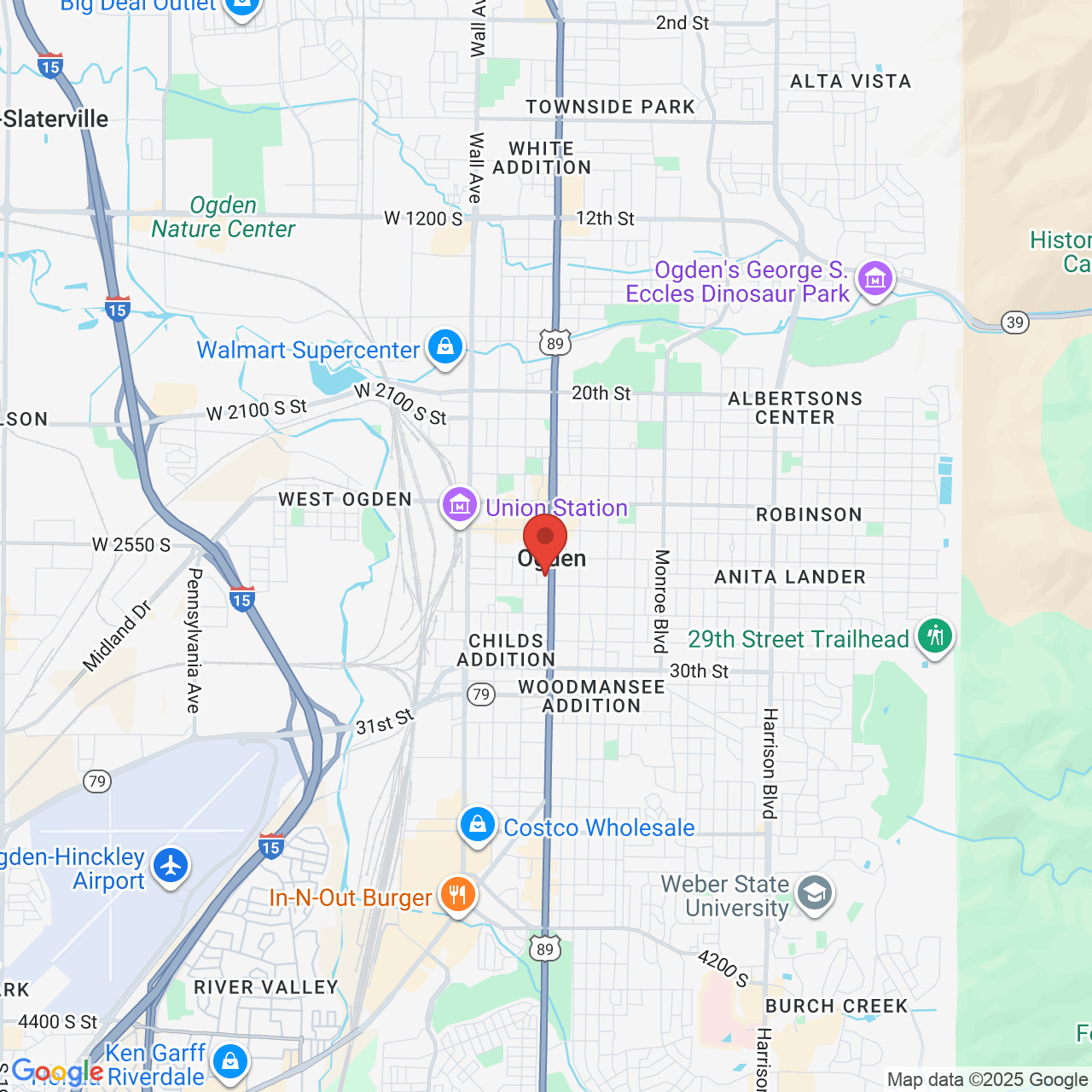What is a writ of garnishment? Ogden Utah
What is a writ of garnishment?
As mentioned in the last blog post, garnishments are a very popular method of collecting on a judgment. The popularity of garnishments is due, primarily, to the involvement of a third (and likely more responsible) party who will make payment for the debtor. The following is a review of the laws and rules governing garnishments in Utah. We are the specialist in Ogden in getting you a writ of garnishment.A Writ of Garnishment is an Order issued by the court to a third party (called the “garnishee”) who is holding money for, or owes money to, the judgment debtor. The Order will tell the garnishee how much the judgment debtor owes and direct the garnishee to turn over funds owed to the judgment debtor. If the garnishee fails to comply with the order, they can be found personally liable for the judgment.
Non-Wage Garnishments
A garnishment can be used to obtain any funds held for or owed to the judgment debtor in Ogden Utah or any other location. This includes bank accounts, some trusts, escrow accounts, contracting parties, and renters. Non-wage garnishments are not subject to caps on the percentage that may be withheld, but are subject to the exemptions listed below. When a bank or other institution is served with a writ of garnishment, it will put a freeze on the funds and later release the funds if the garnishment is not successfully contested by the debtor.Wage Garnishments (Writ of Continuing Garnishment)
A standard Writ of Garnishment directs the garnishee to turn over funds they hold for the judgment debtor at that time. Such an order would is of little use when you are going after wages, as wages are not owed until the next pay period. Rather than serving the employer with a Writ every two weeks, you can apply for a Writ of Continuing Garnishment which lasts for 120 Days. Wage garnishments are subject to restrictions on how much the employee must make and what percentage can be taken from the employee’s paycheck. Also, only one garnishment can be applied at a time (so you may have to get in line).In our next blog post we will show how to apply for a writ of garnishment.



